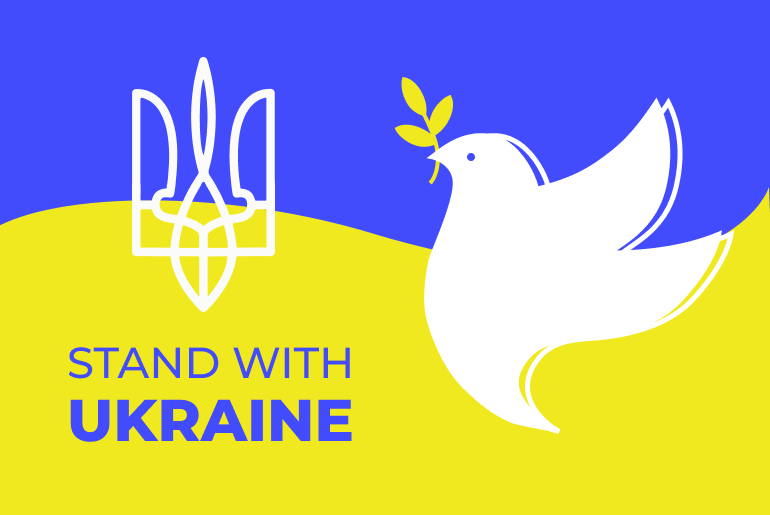In 2014, the Harvard University newspaper conducted a survey on academic dishonesty among graduates.
More than 750 students responded, and 17 percent admitted that they had cheated at least once. This statistic might not seem significant, but today’s number of cheaters is sure to be a lot higher. Teachers should find out effective methods how to deal with cheaters.
Increasing academic dishonesty is mainly caused by the Internet, as students have unlimited access to information and can use it for different purposes. Educators are no longer surprised by that fact. Most of them have found an effective way to fight against plagiarists: online plagiarism software. They include an online plagiarism checker service that can be embedded into the university learning management system and checks a thesis or a term paper for text matches.
Consequences of academic dishonesty differ, so, you can receive a warning or be expelled from the course or even the university. Any leading plagiarism checker can make mistakes, however, students sometimes can be found guilty of cheating accidentally. Here are a few examples for you to know how plagiarism stories may end up:
Scandal Cases at Harvard University
The more famous a university is, the more fuss is made about any scandals related to it. Harvard is not an exception. Megon Walker, a Harvard Law graduate with a doctorate in bioinformatics, wrote an article for Harvard’s Journal of Law and Technology (JOLT). It happened that a computer failure occurred, and some fragments of her manuscript and all the citations vanished.
She promised to resubmit the article, but still the case was disputed by editors of JOLT at the law school hearing. As a result, her article was considered to be plagiarized. Ms. Walker decided to sue Harvard University for ruining her reputation and career because of the ungrounded accusations.
One more case related to plagiarism took place at Harvard in 2006. Kaavya Viswanathan, a sophomore student, started her writing career with her first novel, “How Opal Mehta Got Kissed, Got Wild and Got a Life.” Experts showered compliments on the young talent.
After the novel was thoroughly analyzed, it turned out that it contained excerpts from already-written novels (“Sloppy Firsts” (2001) and “Second Helpings” (2003) by Megan F. McCafferty, as well as novels by Meg Cabot, Sophie Kinsella and Salman Rushdie).
The writer took a fall after her secret was revealed. She tried to explain this as “internalization” of other writers’ styles, but unfortunately, her publisher refused to release the sequel, which was supposed to come out soon thereafter.
A Student Accused of Plagiarism Fails a Course at Rutgers University
Amanda Serpico, a senior at Rutgers University (New Jersey), was accused of plagiarism. She received an email notification saying that some fragments of her final paper for a course on gay marriage laws were copied from other sources, and her violation was reported to the dean.
Ms. Serpico was not allowed to discuss the accusation and did the only thing she could do – try to prove her innocence by writing appeals to the university administration board. Unfortunately, they were rejected. As a result, she received an “F” grade and failed the course.
Internet Plagiarism Case Created a Stir at University of Virginia
A senior at Ohio University, Allison Routman, was accused of plagiarism. She wanted to become a member of the Semester at Sea program organized by the University of Virginia. For that, she watched a film about the shipboard life and wrote a paper based on it. While finding materials for her work, she consulted Wikipedia for the proper historic terminology usage.
Before that, Ms. Routman’s professor suggested that students should make an honest confession of copying (in case they copied, of course), and naturally, she didn’t do that, as she had no idea she could be accused of academic dishonesty. Duplicated terms made her professor suspect Ms. Routman of plagiarizing.
Ms. Routman tried to prove she was not guilty, but her appeal was denied. There is only one punishment for violators at UVA: Guilty students must be expelled, even if they cheated for the first time.
As she was taking part in the Summer at Sea program, the university’s honor code concerned her as well. Imagine, she was already aboard and ready to start her sea program but had to disembark immediately because of the accusation (at the time, she was in Greece).



